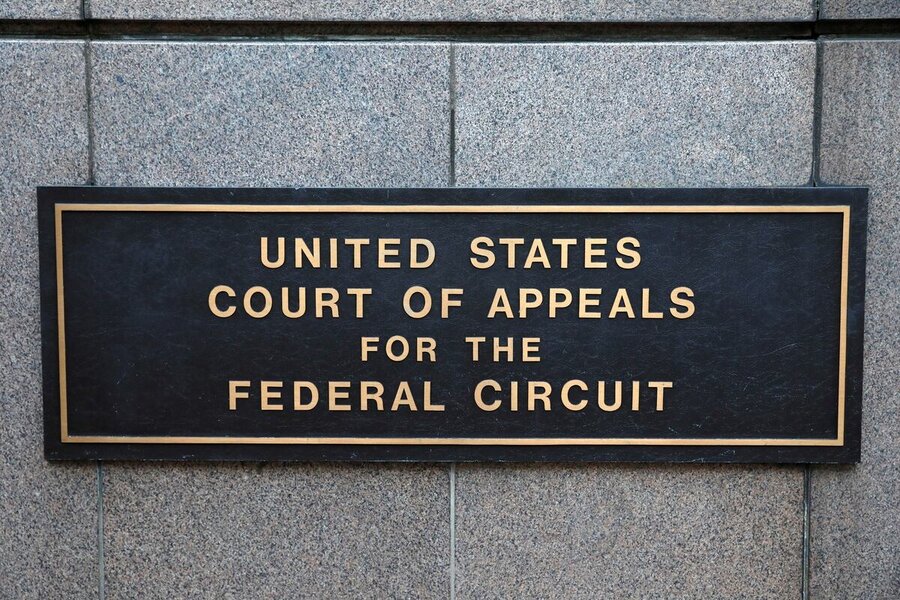A federal appeals court has sided with a conservative nonprofit in a case disputing the legitimacy of the Federal Communications Commission’s (FCC) administration of the Universal Service Fund (USF).
The court ruled that since the FCC relies on for-profit telecommunications companies to set the USF surcharge, it effectively functions as a tax. This tax, not being approved by voters, is therefore deemed unconstitutional.
In a 9-7 decision on July 24, the full 5th Circuit Court of Appeals ruled in favor of Washington-based nonprofit Consumers’ Research.
The court found that the USF surcharge is an illegal tax because, despite Congress delegating taxing power to the FCC, the agency violated Article I, Section I of the U.S. Constitution by relying on private companies to set the surcharge.
“In the Telecommunications Act of 1996, Congress delegated its taxing power to the Federal Communications Commission,” the majority opinion states.
“FCC then subdelegated the taxing power to a private corporation. That private corporation, in turn, relied on for-profit telecommunications companies to determine how much American citizens would be forced to pay for the ‘universal service’ tax that appears on cell phone bills across the Nation. We hold this misbegotten tax violates Article I, § 1 of the Constitution.”
The nondelegation doctrine is the theory that Congress, which is vested with “all legislative powers” by Article I, Section I of the Constitution, cannot delegate that power to anyone else.
Several dissenting judges argued that the majority misinterpreted U.S. Supreme Court precedents on separation of powers cases. They contended that the decision renders the political branches “powerless to govern.”
“This convergence sleight of hand not only undoes Supreme Court precedent but also leaves the political branches powerless to address this perceived constitutional deficiency, ignorant as to how to legislate and regulate in ways that will survive judicial review,” wrote Judge Carl Stewart in dissent.
Trent McCotter, a partner at Boyden Gray PLLC, the law firm representing Consumers’ First, praised the ruling.
“The en banc Fifth Circuit just GRANTED our petition for review and held that the FCC’s Universal Service Fund VIOLATES the nondelegation doctrine–a great victory,” he wrote in a post on X.
In light of the ruling, the FCC could ask Congress to fund the USF as a direct appropriation, as has been recommended by the U.S. Chamber of Commerce, AT&T, and a number of trade industry organizations.
The USF program, funded by fees and surcharges, allocates billions of dollars to support schools, libraries, low-income households, rural service zones, and high-cost areas. It provides discounted internet service for low-income families, public schools, and libraries, and helps complete the buildout of broadband networks in remote areas.
Proponents of USF maintain that ending the program will widen the “digital divide” for under-represented communities that have less access to technology.
Will Hild, Consumers’ Research executive director, said in earlier interview that the organization he helms didn’t object to the intent of the program, though it and others that backed the lawsuit did take issue with the way it’s funded and the lack of transparency.
“It’s an unconstitutional delegation, because Congress has to set the rates,” Mr. Hild said.
Mr. Hild added that USF rates, which are only collected through phone service even though the revenue goes to internet programs, have increased substantially in recent years.
Share your thoughts by scrolling down to leave a comment.













